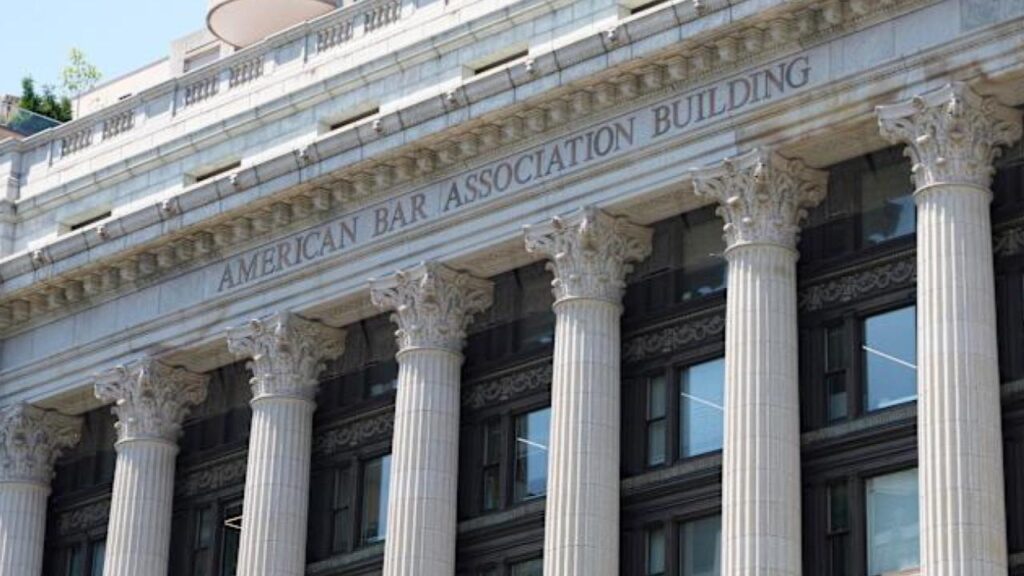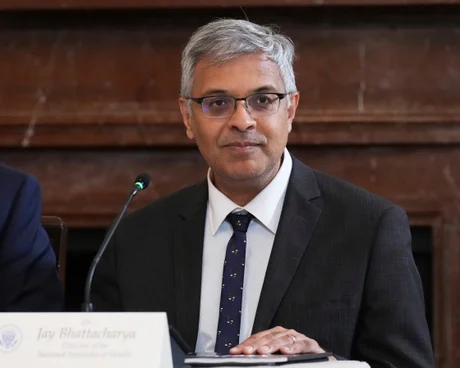In a seismic ruling on June 16, a federal court declared the National Institutes of Health’s (NIH) cancellation of over $1 billion in research grants “void and illegal.” The judge accused the Trump-led Department of Health and Human Services (HHS) of engaging in discriminatory funding practices, setting up a high-stakes legal and political battle over the future of federally funded science.

How a Federal Court Just Upended a $1B Funding Decision
| Takeaway | Data Point |
|---|---|
| Grants affected by the ruling | 367 projects |
| NIH funds rescinded in early 2025 | Over $1 billion |
| Judge’s conclusion | “Racial and LGBTQ discrimination” |
This court ruling is a flashpoint in a broader debate over science and ideology. By striking down the NIH’s $1 billion in grant cancellations, Judge Young drew a hard line against political interference in federally funded research. For now, researchers and institutions have breathing room. But with appeals looming, the fight for evidence-driven science isn’t over.
Behind the Decision: Politics Meets Public Health
Back in January, the NIH, under directives from HHS, abruptly terminated funding for thousands of ongoing or approved research projects. Many of these focused on topics like racial health disparities, vaccine hesitancy, LGBTQ mental health, and reproductive care. Critics said the move was more political than budgetary.
On June 16, Judge William Young of the U.S. District Court in Boston—appointed by President Reagan—called the funding cutbacks unconstitutional. In his words, “This represents racial discrimination and discrimination against America’s LGBTQ community.” Young said he had “never seen such conduct in over 40 years on the bench.”
Fallout for Research Institutions
The funding cuts had already thrown labs and universities into disarray. Harvard and Northwestern were among institutions forced to lay off staff and freeze studies. According to Massachusetts officials, state researchers lost access to $2.6 billion in active NIH grants, nearly half of which were tied to the terminated funding.
One Harvard scientist told The Boston Globe, “Science is really quite a fragile ecosystem. These projects take years to develop and losing funding overnight is devastating.”
What the Court Ordered
The court’s ruling requires the NIH to:
- Reinstate 367 canceled grants immediately
- Halt any future funding terminations based on ideological or demographic grounds
- Restore agency processes aligned with peer-reviewed science
For public health advocates and scientific communities, the decision offers a lifeline. “This ruling isn’t just about the money—it’s about the integrity of the scientific process,” said Nancy Northup, president of the Center for Reproductive Rights.

What Comes Next
The Biden administration’s response remains uncertain. While the NIH is expected to comply with the court order, HHS officials may file an appeal, potentially escalating the case to higher federal courts. If an appeal is filed, the pause on ideological grant terminations could be temporary.
As someone who’s covered NIH policy shifts since the early 2010s, I can say with certainty: science rarely makes headlines—until politics drags it into the spotlight. This ruling doesn’t end the debate, but it shifts momentum back toward peer-reviewed, equity-focused research.
FAQs
What projects were affected?
Grants targeted areas like racial health disparities, LGBTQ mental health, COVID vaccine messaging, and reproductive rights. Many had already begun or were scheduled to launch in 2025.
Can the NIH appeal the decision?
Yes. Legal experts expect a likely appeal, which could delay the reinstatement or lead to further legal back-and-forth in appellate courts.
Does this impact other agencies?
Not directly. But legal precedent could influence how other federal science agencies approach future funding decisions under partisan administrations.






